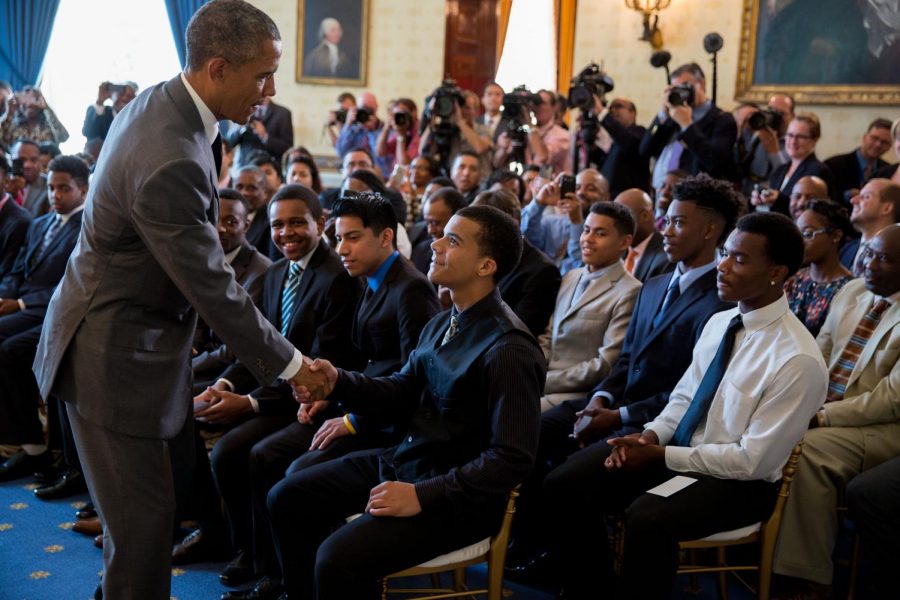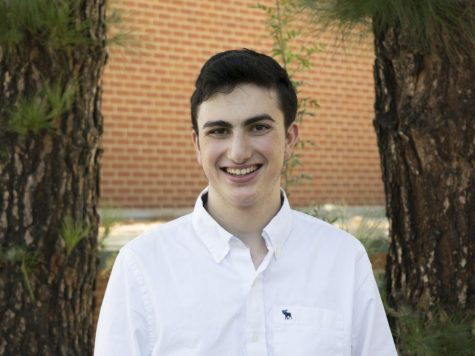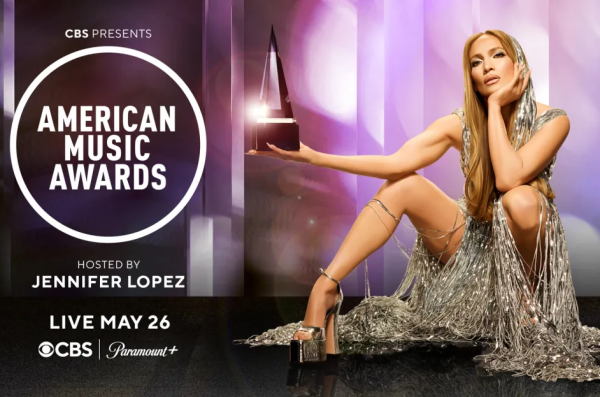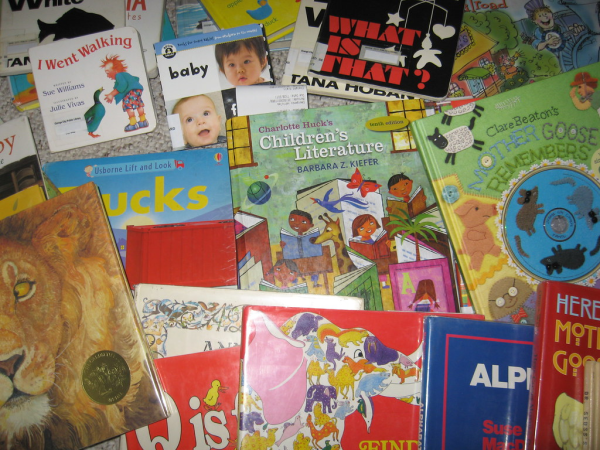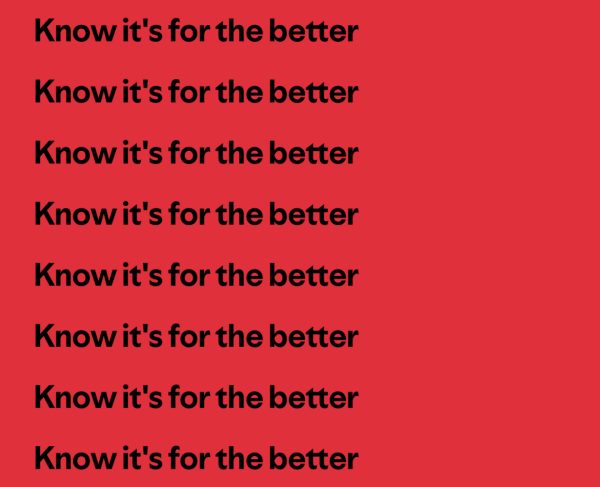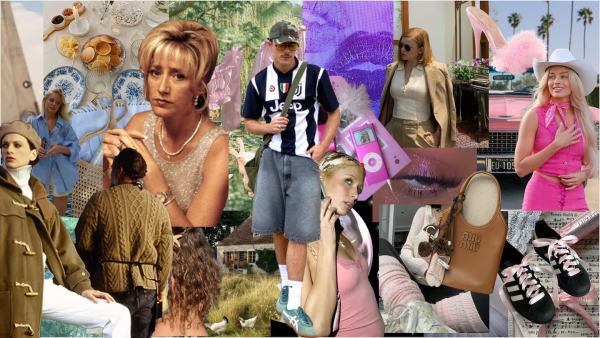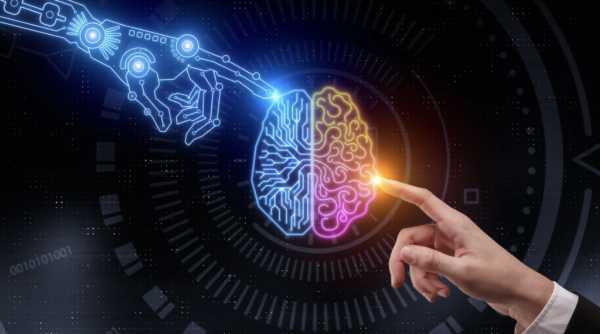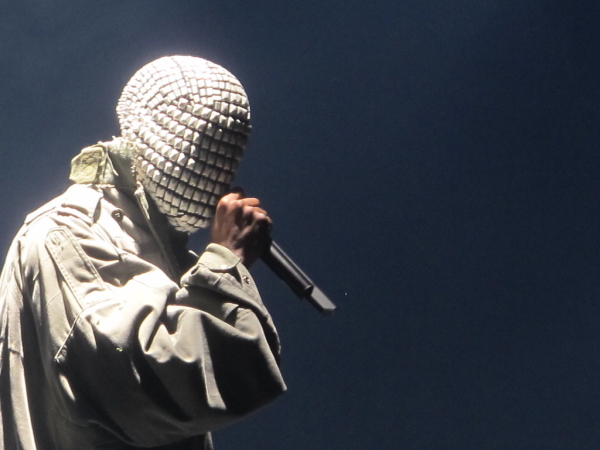Why youth political participation has fluctuated so much
After 20 years in decline, youth political participation is on the rise
In recent years, young people have gravitated towards the ideas of Former President Obama.
On July 1, 1970, the 26th Amendment to the United States Constitution was ratified. It was an historic day for American youth, with young people finally getting the chance to get their views heard and leave their political imprint in U.S. elections. The experiment started off well, with over 50 percent of Americans in the age group of 18-29 voting in the 1972 Presidential Election. However, this sizable youth participation started to dissipate year by year, and by 2000, only 35 percent of American youth voted on election day. Why has the right for youth to vote that many young Americans fought for have been so disregarded?
There are many reasons why for this. First, as technology has evolved, more American youth have been influenced by the common stereotype that their vote is meaningless and just a number, and that politics are inevitably corrupt. Shant Atamian, a senior at Clark Magnet High School, said that what he perceives as political corruption discourages him from voting. “The politicians are all bought and paid for and constantly lie to the American people in order to get votes,” he said. “That’s why I will never vote in a U.S. election.”
This type of degradation of the American political system by youth has led to extremely unfavorable ratings on the government, with just 16 percent of Americans aged 18-29 feeling that the federal government is doing a good job promoting the wellbeing of all Americans. Despite the low esteem with which many young people hold for the American political system, young people have made their voices heard, such as in the 2008 Presidential Election when segments of American youth formed a powerful voting bloc and supported Barack Obama’s election campaign.
Another reason why some young people are so disenfranchised by American politics is due to the recent political vitriol from both political parties. Young people are influenced by such vitriol and therefore use it in their daily life, with polls showing only 25 percent of teens having something in common with a teen who believes in a different political ideology. This has already been seen in the rise of far-left anarchist groups like ANTIFA, with the vast majority of its members being youth who are disgusted with the current American political system. One of its supporters, who wanted to go by only his first name, Liam, is a student at UCLA who has attended ANTIFA rallies in the past.“The only way for American youth to provide their message is to come out forcefully, especially against government-promoted racism, that is what ANTIFA is doing.” This type of discontentment by the youth is seen by Chris Faulkner, a senior political strategist for Majority Strategies, a political consulting company based in Florida. Faulkner said he has noticed this trend in the results of his polling. “It has become more and more hard to find political participants in American youth and that the youth that do participate in politics usually are drowned out by a radical minority, which makes a politician take the youth opinion less seriously,” Faulkner said.
However, other students are trying to break the stereotype that American youth are too politically radical and don’t care about voting. Hrach Harutyunyan, a senior at Glendale High School, said that young people’s participation in politics is important. “Politics directly influences my life. What the policymakers in Washington, D.C. do is important, because it involves my economic stability and more importantly, my family’s stability,” Harutyunyan said. “I hope that eventually, all of us youth will start embracing politics and start making our mark in America’s political culture.” Harutyunyan is not alone in this opinion. If there is one good thing that came out of the divisive 2016 Election, it is that youth political participation is going back up, as shown in exit polls, with 50 percent of eligible American youth voting in the 2016 election, a sharp increase from the 35 percent of youth voters in the 2000 Election. Youth may be more divided than ever in regards to ideology, but so is the rest of America. If the youth keep participating in politics as they did in the 2016 election, the common stereotypes about youth political disenfranchisement will end and cooler, more moderate heads may prevail.
“Americans have always had different political opinions, but that is what makes America great,” Harutyunyan said. “No one has the exact same political beliefs and unlike other countries who show their discontent by overthrowing their respective governments, Americans discuss their political differences and find compromise. I believe the same thing will happen with the youth, with more of us coming out of the shadows and participating in politics in a moderate and constructive way, that is the only way the youth can break the stereotype and finally get our voices heard by the government.”



